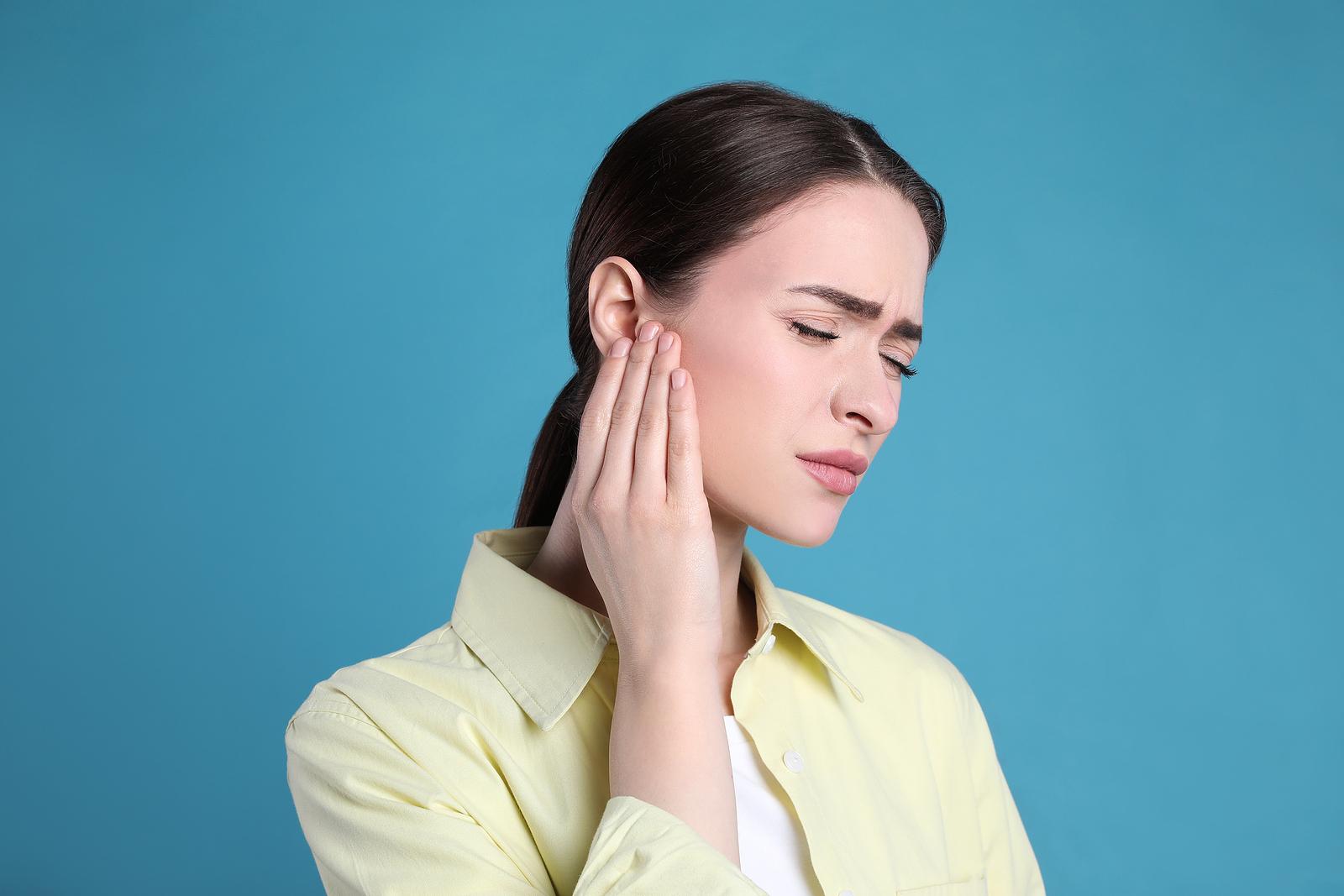
- Common Fears About Hearing Tests - May 28, 2025
- Best Hearing Aids for Active Lifestyles - May 16, 2025
- A Guide to Different Hearing Aid Styles - May 6, 2025
If you’ve ever experienced the sensation of clogged ears, you know how uncomfortable and even distressing it can be. Fortunately, in many cases, the issue can be easily resolved. In this blog post, we’ll explore the most common causes of ear blockage, as well as less common but more serious causes. We’ll also discuss when to seek medical attention and offer tips for managing and preventing ear blockage.
Common Causes of Ear Blockage
Earwax Buildup: The most common cause of clogged ears is earwax buildup. Earwax is a natural substance that helps protect the ear from infection and other damage. However, when too much earwax accumulates in the ear canal, it can cause a blockage. If you suspect that earwax buildup is the cause of your clogged ears, you should avoid using cotton swabs, as these can push the earwax further into the ear canal. Instead, use earwax removal drops, which can help soften the earwax and allow it to come out on its own.
Sinus Congestion: Another common cause of ear blockage is sinus congestion. When the sinuses become inflamed and congested, they can put pressure on the Eustachian tube, which connects the middle ear to the back of the throat. This pressure can cause the Eustachian tube to become blocked, resulting in a feeling of ear fullness or blockage. To relieve sinus congestion and reduce ear blockage, you can try over-the-counter decongestants, nasal sprays, or steam inhalation.
Allergies: Allergies can also cause ear blockage. When the body reacts to an allergen, it can produce excess mucus, which can clog the Eustachian tube and cause ear fullness. If you suspect that allergies are causing your clogged ears, try taking an antihistamine or using a saline nasal spray to help reduce inflammation and clear out excess mucus.
Air Travel: Have you ever experienced ear blockage during or after a flight? This is because the changes in altitude and air pressure during air travel can cause the Eustachian tube to become temporarily blocked. To prevent or relieve ear blockage during air travel, you can try chewing gum or swallowing frequently, which can help equalize the pressure in the ears.
Less Common Causes of Ear Blockage
Ear Infection: Ear infections can also cause ear blockage, particularly in children. An ear infection can cause fluid to build up in the middle ear, which can put pressure on the eardrum and cause a feeling of ear fullness. Other symptoms of an ear infection can include ear pain, fever, and difficulty hearing. If you suspect that you or your child has an ear infection, it’s important to see a doctor for treatment.
Eustachian Tube Dysfunction: Eustachian tube dysfunction occurs when the Eustachian tube is unable to open or close properly. This can result in ear blockage, as well as other symptoms such as ear pain and tinnitus. Treatment for Eustachian tube dysfunction can include nasal decongestants, antihistamines, and in some cases, surgery.
Meniere’s Disease: Meniere’s disease is a rare but serious condition that can cause ear blockage, as well as other symptoms such as vertigo, tinnitus, and hearing loss. Meniere’s disease is caused by an excess of fluid in the inner ear and can be managed with medication and lifestyle changes.
When to See a Doctor
In general, if your ear blockage is accompanied by pain, fever, or discharge, or if it lasts for more than a week, you should see a doctor. Additionally, if you have a history of ear problems or if you experience frequent ear blockage, you should schedule an appointment with an audiologist or an ear, nose, and throat (ENT) specialist. These professionals can help diagnose the underlying cause of your ear blockage and recommend appropriate treatment.
Managing and Preventing Ear Blockage
To manage and prevent ear blockage, there are several steps you can take. First, avoid using cotton swabs or other objects to clean your ears, as this can push earwax further into the ear canal and cause a blockage. Instead, use earwax removal drops or seek professional ear cleaning from an audiologist or ENT specialist.
You can also take steps to reduce your risk of sinus congestion and allergies, such as washing your hands frequently, avoiding exposure to allergens, and using a humidifier to keep the air moist. If you frequently experience ear blockage during air travel, consider using specialized earplugs or taking medication to help prevent blockage.
Finally, if you have a history of ear problems or if you experience frequent ear blockage, it’s important to get regular check-ups with an audiologist or ENT specialist. These professionals can monitor your ear health and recommend appropriate treatment if necessary.
If you’re experiencing ear blockage or other hearing-related issues, we’re here to help. At our hearing practice, we offer comprehensive hearing evaluations, hearing aids, and other treatments to help you hear your best. Don’t let ear blockage or other hearing issues hold you back – schedule an appointment with us today and take the first step towards better hearing.
